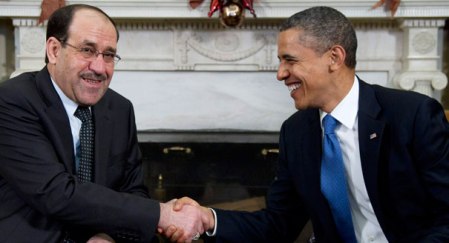About Elly is a 2009 Iranian film by Asghar Farhadi, who also directed A Seperation, which won an Academy Award for best foreign language picture.
Three couples go on a three-day trip to a resort on the shore of the Caspian sea along with their children. One of them, Sepideh (Golshifteh Farahani), brings along her daughter’s kindergarten teacher, Elly (Taraneh Alidoosti). She wants to introduce her to her friend, Ahmad (Shahab Hosseini), who has recently divorced from his German wife. Things go well the first day, although Elly sometimes seems a bit uncomfortable. On the second day, she disappears, and people fear that she may have drowned. The characters gradually begin to blame one another for what happened. Much of the blame centers on Sepideh, as it becomes clear that she hasn’t been completely honest about some things.
About Elly is a subtle and complex drama that touches upon many different ideas: the fact that good intentions can have bad results, the fragility of human relationships, how small deceptions can a devastating effect on people. This is the most powerful and troubling film that I have seen in quite a while.
One thing that struck me about this movie is that the men and women interact in a more-or-less equal manner. (The men have subtle advantages over the women, although one could make that argument about our society as well.) Iran is an Islamic theocracy, like Saudi Arabia. Yet, based on what I know about the latter country, I can’t imagine people there behaving in quite this way. (I certainly can’t imagine people in areas controlled by ISIS acting in this way.) This can be seen as evidence that Islam is a more complex religion than many self-styled “experts” on Islam are willing to admit.
It’s clear that the influence of Muslim and Iranian cultural notions about honor, propriety, and the role of women lead to Sepideh’s deceitful behavior, with grievous consequences for Sepideh herself. She is a great tragic figure.









